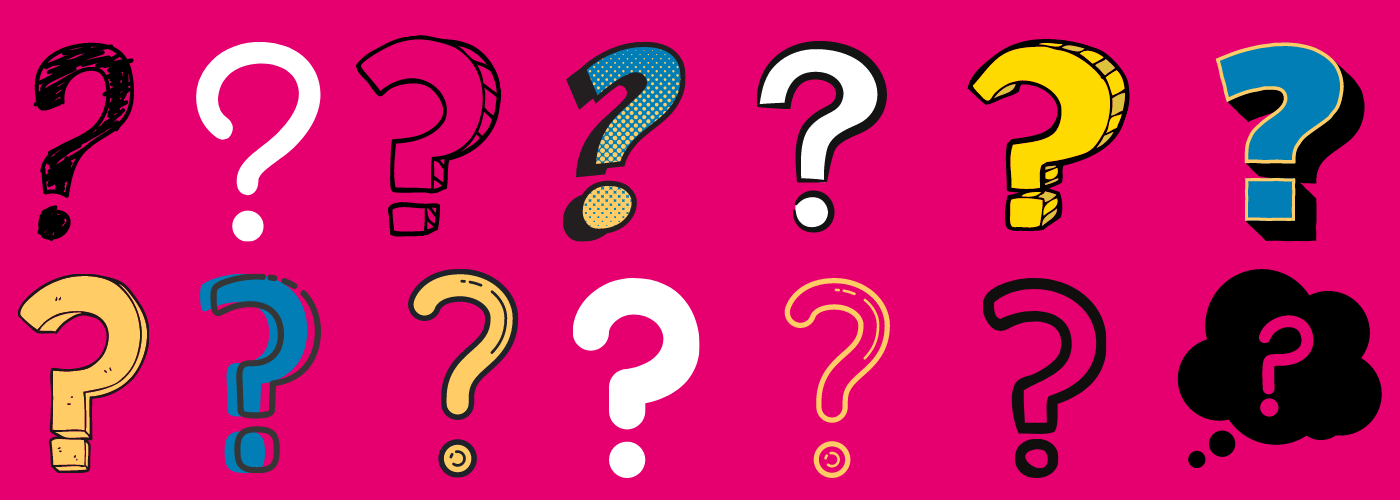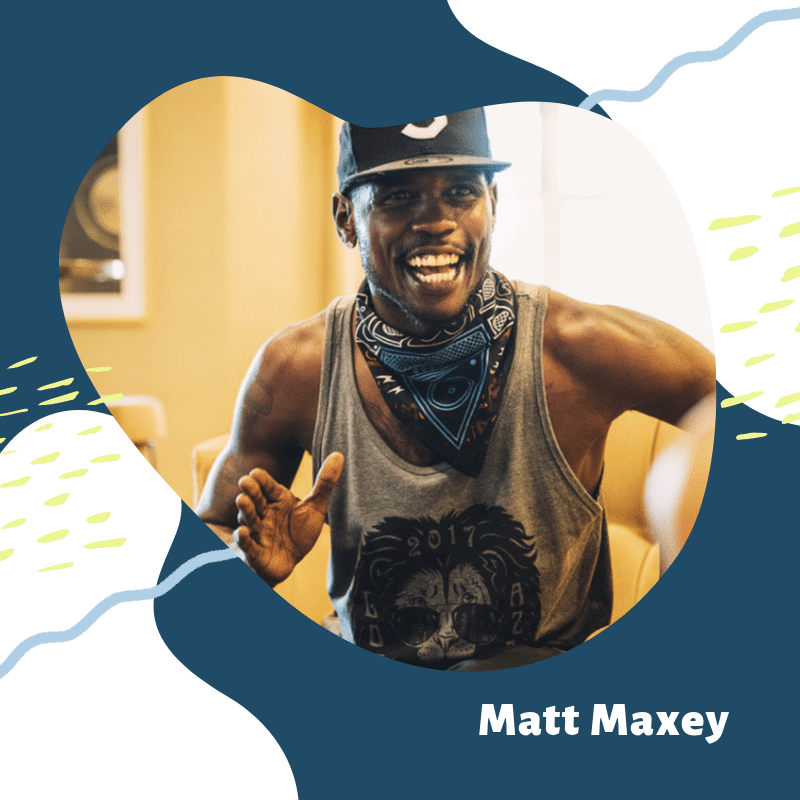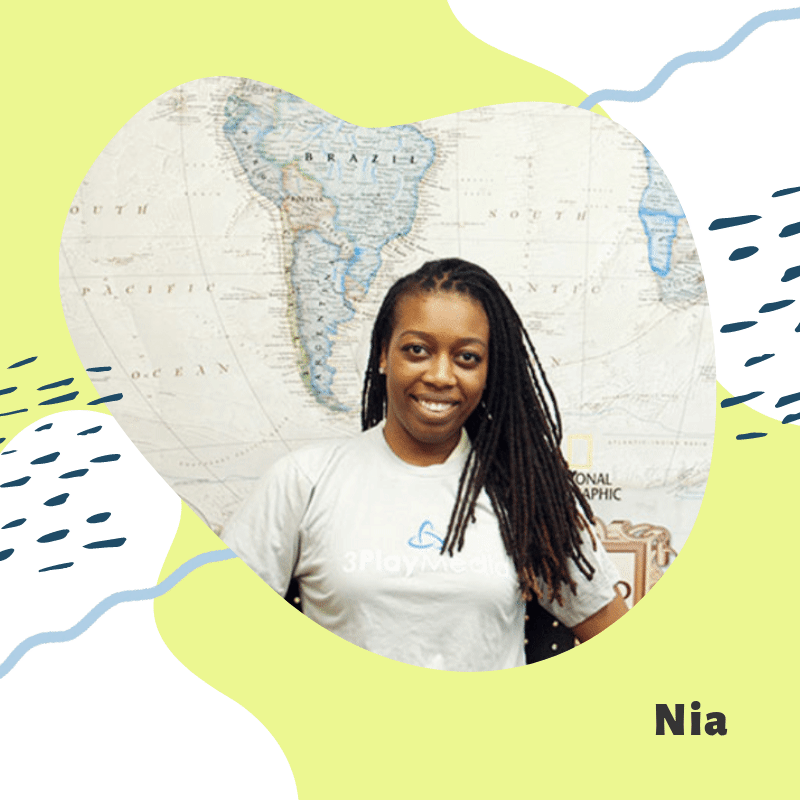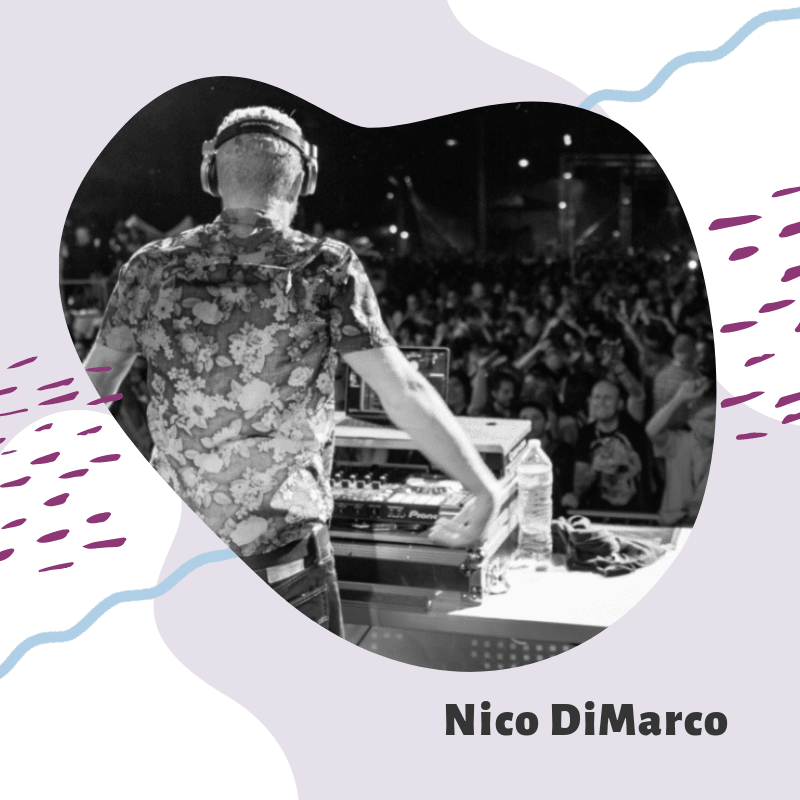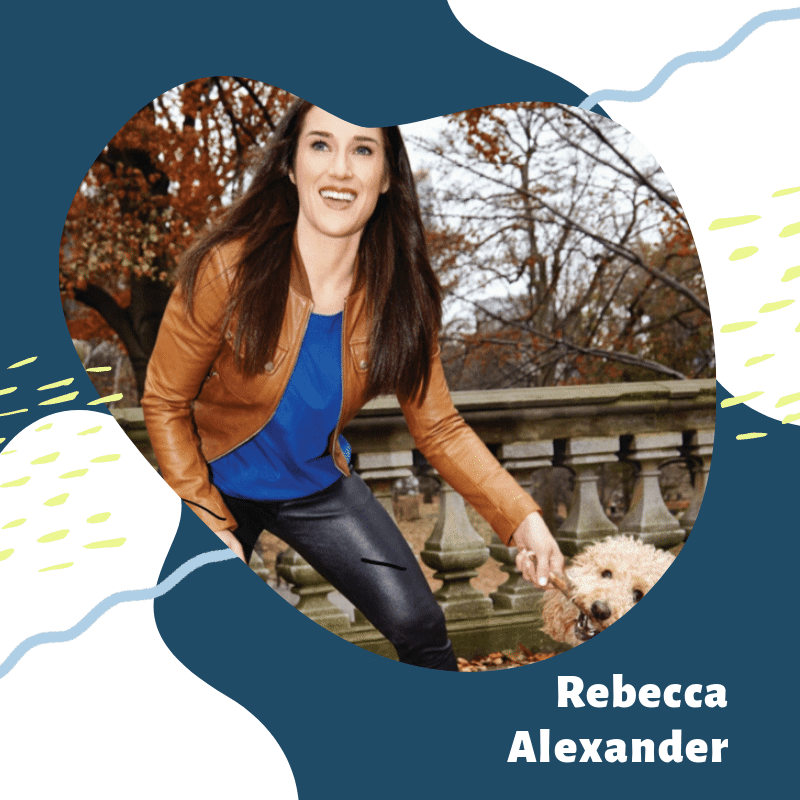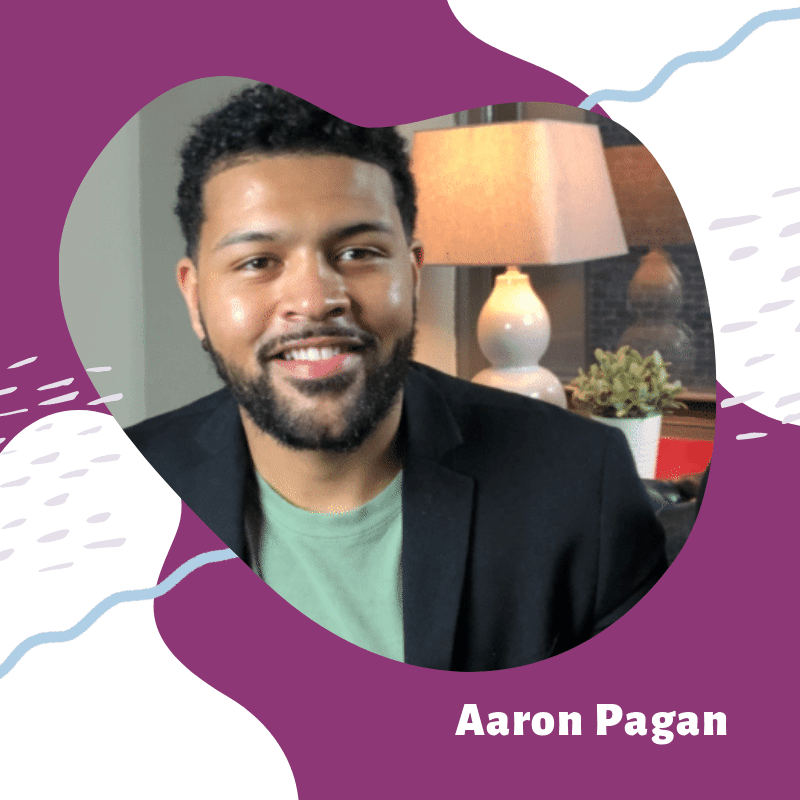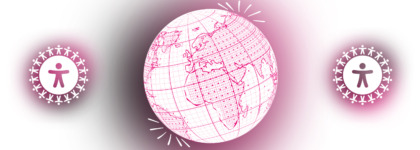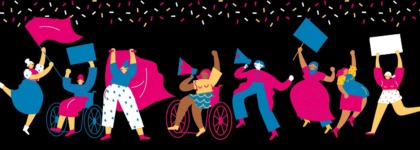7 Questions You’ve Always Wanted to Ask a Deaf Person
Updated: June 1, 2021
Happy National Deaf Awareness Month!
Spreading awareness and advocating for people with disabilities is a worthy cause year-round. However, September is a time of year where we can dedicate ourselves to increasing awareness around Deaf issues, culture, and people. That’s why this month we’re sharing content about real individual’s experiences with being deaf.
In this post for National Deaf Awareness Month, you’ll learn thoughts on the deaf experience from past Faces Behind the Screen interviewees, all of whom are deaf or hard of hearing.
This month, we hope to focus on learning more about the Deaf community and culture, Deaf history, and the experiences and stories of people who are deaf.
What is the best way to communicate with a person who is deaf if I don’t know sign language?
Matt Maxey is the founder of DEAFinitely Dope, an ASL interpreter and performance group helping deaf and hard-of-hearing fans enjoy live music.
What is it like to have your words translated by an interpreter?
Nia is Deaf, and moved to Boston to study Deaf education at Boston University. She has a strong interest in both languages and traveling. She’s studied languages, linguistics and Italian at Georgetown University, and is fluent in ASL, Italian, Spanish and Portuguese.
How do deaf people listen to music?
Nico DiMarco is a successful DJ with a passion for music. He was born deaf and comes from four generations of deaf family members.
What do you wish that other people could understand about your experience?
Rebecca Alexander is an author, psychotherapist, fitness instructor, and keynote speaker. She’s summited Mt. Kilimanjaro, earned two master degrees from Columbia University, and wrote a memoir titled Not Fade Away. Rebecca is almost completely deaf and blind due to a condition called Usher Syndrome.
What’s the best thing about being deaf?
I just really admire the deaf community most of all. How people stick together as well, it’s very heartwarming — I just love the community.Aaron Pagan
Aaron Pagan is an Account Manager at Purple Communications. He is deaf and is an accessibility advocate for people with disabilities.
Can all Deaf people read lips?
I remember when I first was asked if all Deaf people could do that and I was like, “Uhmm… Can you even lip-read? Oh, you can’t? Because it’s hard right?”
I think it’s funny how easy some people think lip reading is until they’ve actually tried it themselves. Then after they’ve tried it they are like, “Oh wow, this is WAY harder than I thought.Jessica Flores
Jessica Flores creates YouTube videos to help hearing people understand what it’s like to be a Deaf or hard of hearing person living in a hearing world.
What do music and voices sound like with a cochlear implant?
You may have heard people describe the first experience that they had listening to sound with their newly activated cochlear implant. It is not uncommon for someone to describe the sound as robotic, or like Mickey Mouse. That’s because it’s a different signal than the brain is accustomed to getting, and it takes time for the brain to learn that sound. Over time, it does learn, and you do get better at using the sound.
Donna Sorkin
Donna Sorkin is the Executive Director of the American Cochlear Implant Alliance. She grew up with nearly normal hearing, but over the years, her hearing began to decline. When she was 39, Donna received a cochlear implant which completely transformed the trajectory of her life.
Happy National Deaf Awareness Month! Learn more about the Deaf community, culture, and people from the Faces Behind the Screen storytelling project.



